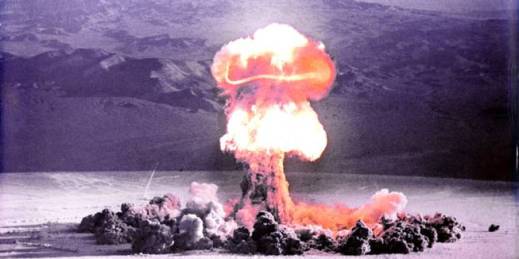
Will Ban Ki-moon leave a substantial legacy when he completes his second term as secretary-general of the United Nations at the end of 2016? This question may seem premature. Ban has been in office for more than six years, but he has nearly four more to go. Yet, as Ban has already discovered, a U.N. secretary-general’s schedule is consumed by a mix of urgent crises and hollow diplomatic rituals. Last week, for example, Ban oversaw the signing of a new peace deal for the eastern Democratic Republic of Congo, but also had to make time for a speech launching the […]





